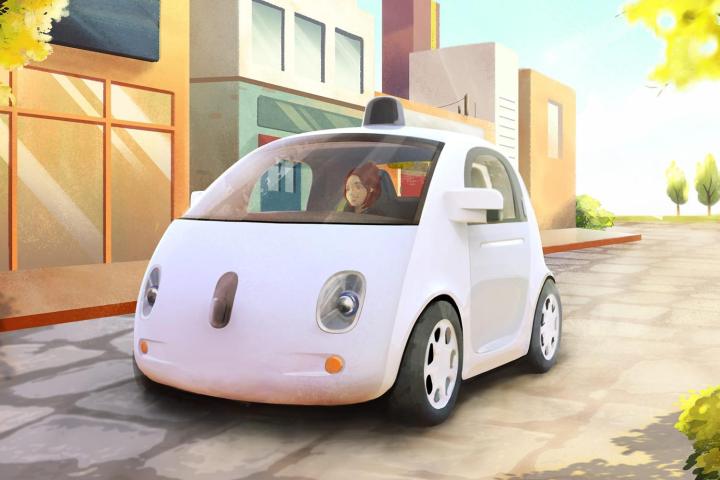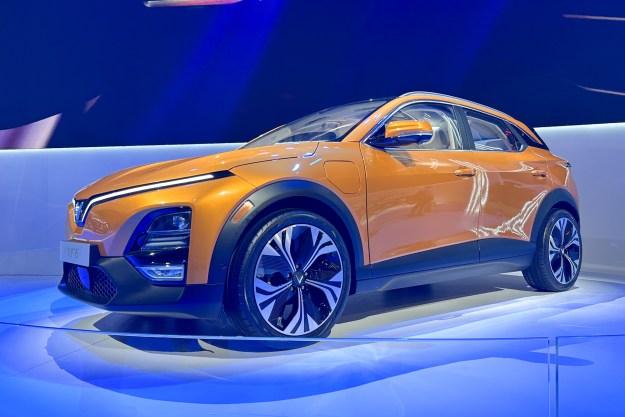
It is already happening: our robot overlords are deciding we can’t be trusted. Or at least that’s the sentiment that seems to have spurred a lot of the development behind Google’s new self-driving car. Apparently testing showed that we puny humans were just too lazy to be trusted; that’s why we don’t get a steering wheel anymore.
Google’s initial tests with converted Lexus SUVs were intended to demonstrate cooperation between driver and machine. The human driver would pilot the vehicle to the freeway or major arterial where the car would take over. But according to the MIT Technological Review, that isn’t what happened in practice.
After a few weeks of paying close attention to their surroundings, Google test drivers grew over confident and simply let the car take over. The simple fact of human laziness presented a problem to Google engineers. As Nathanial Fairfield, one of Google’s lead techs on the project, put it, “People go from plausible suspicion to way overconfidence.”
Google realized a self-driving car couldn’t rely on a human driver to take over when something went wrong. Google’s new self-driving car takes that lesson to heart, by requiring the car to deal with any eventuality. Fairfield explained that “[the self driving car] doesn’t have a fallback to human – it has redundant systems. It has two steering motors, and we have various ways we can bring it to a stop.”
In fact, in the unveiled test model, Google’s car lacks any form of driver controls.
That will have to change during testing, as the law currently requires cars to have the ability to be driven by a human. However, it shows the direction that Google thinks self-driving is headed.
This may come as something of an unpleasant shock to other car companies. Most luxury car makers’ self-driving programs have still placed human beings at the center of the equation; giving the driver numerous aids but still expecting them to play a part.
Perhaps people buying an expensive German car will always want to be involved, but if Google has shown one thing its: always invest in human laziness.
Editors' Recommendations
- Tesla Autopilot vs. full self-driving: What’s the difference?
- Google is bringing Chrome browser to cars, even more EV features to Maps
- These new NASA EVs will drive astronauts part way to the moon (sort of)
- You’ll soon be able to watch YouTube videos in your Android Automotive car
- Is Tesla Full Self-Driving worth it?


